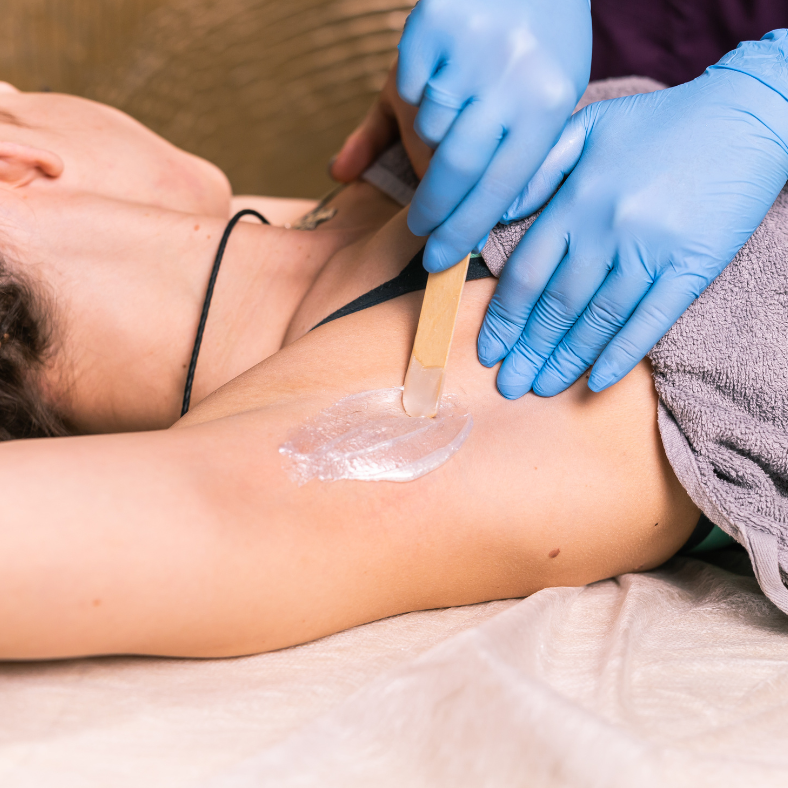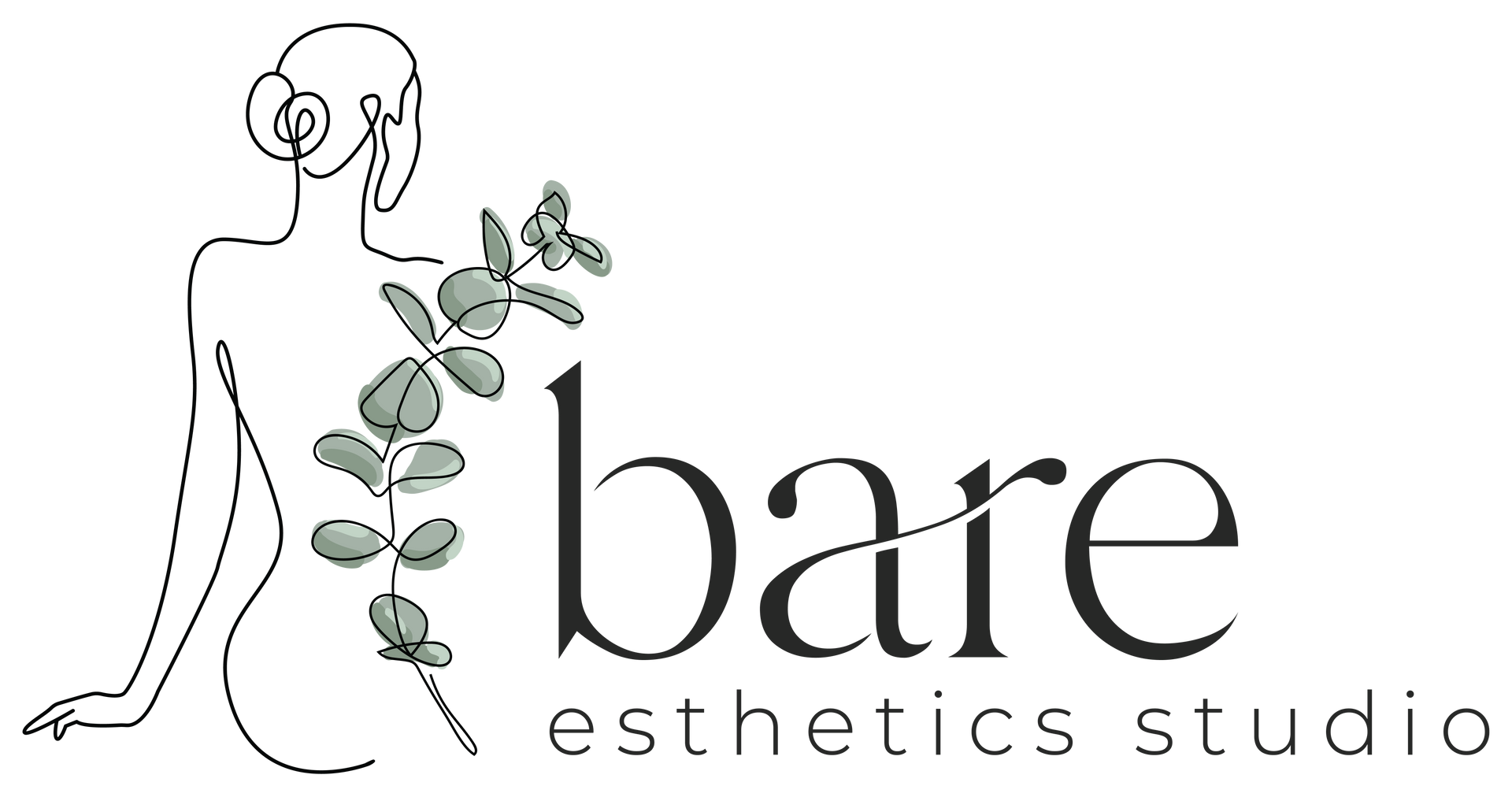Identifying Your Skin Type for a Tailored Skincare Regimen
Understanding the specific needs of your skin is the first step toward achieving a radiant and healthy complexion. Each person's skin is unique, with its own characteristics and requirements. By figuring out whether your skin is oily, dry, combination, or sensitive, you can choose the right products and create a skincare routine that truly benefits your skin.
Understanding Your Skin Type
Your journey to a radiant and healthy complexion begins with understanding your unique skin type. This foundational knowledge is essential for choosing appropriate products and treatments. Let's look into the characteristics of the five basic skin types: normal, oily, dry, combination, and sensitive.
The Five Basic Skin Types: An Overview
- Normal: This skin type is the goal for many; it signifies well-balanced skin. The term 'normal' is used when the skin is neither too oily nor too dry and has a regular texture with no or few imperfections.
- Oily: Oily skin is characterized by an excess production of sebum from the sebaceous glands. This often leads to a shiny complexion and enlarged pores, and it is more prone to acne and blemishes.
- Dry: Dry skin lacks moisture in its outermost layer, leading to tightness, flaking, and even scaling. It can appear dull due to a lack of oils and may be more prone to sensitivity.
- Combination: As the name suggests, combination skin can be dry or normal in some areas and oily in others, such as the T-zone (nose, forehead, and chin). This skin type requires a balancing act in terms of care and products.
- Sensitive: Sensitive skin is easily inflamed or irritated, showing reactions to certain cosmetic products, environmental factors, or even diet. People with sensitive skin may experience itchy, dry, or red areas.
Key Characteristics of Each Skin Type
Identifying your skin type involves observing how your skin feels and behaves without any products on it. For example, oily skin will typically have a discernible shine a few hours after washing. Dry skin may feel tight or show visible flaking. Those with sensitive skin might notice their skin reacts easily to certain skincare products or environmental changes.
The Importance of Knowing Your Skin Type for Effective Care
Understanding your skin type is crucial for developing an effective skincare routine. The wrong products can exacerbate your skin’s natural tendencies, such as increasing oiliness or causing further dryness. For those in the St. George area, the dry, desert climate can influence skin health, making it even more critical to tailor your skincare regimen to your skin type. By identifying and catering to your skin’s unique needs, you can effectively prevent common issues like breakouts and irritation, paving the way for a healthier, more radiant complexion.
How to Determine Your Skin Type
Simple Methods for Identifying Skin Type at Home
To decipher your skin type outside of a professional setting, you can conduct a simple test using a clean facial tissue. Upon waking, pat your face with the tissue, then examine it for oil traces to determine your skin type. Minimal to no oil suggests dry skin, whereas oil from the forehead and nose areas indicates combination skin. An oily result from all over the face is characteristic of oily skin.
Professional Skin Analysis: When to Consider It
If your home test results are inconclusive or you're experiencing skin issues, seeking a professional skin analysis is advisable. Dermatologists utilize tools and expertise to provide an accurate assessment, offering tailored advice for your skin needs. This step is particularly beneficial for those with sensitive skin or chronic skin conditions.
Common Mistakes to Avoid When Assessing Skin Type
Avoid assessing your skin type immediately after using skincare products or makeup, as these can alter your skin's natural state. It's also crucial to differentiate between temporary conditions, like dehydration, and your true skin type, to avoid selecting unsuitable products.
Daily Skincare Routines Tailored to Your Skin Type
Essential Steps in a Skincare Routine (Cleansing, Moisturizing, Sun Protection)
A basic skincare routine catering to your skin type includes cleansing, moisturizing, and sun protection. Cleansing removes impurities without stripping the skin of necessary oils. Moisturizing helps maintain skin's hydration levels, vital for all skin types but particularly for dry skin. Sunscreen protects against UV damage, a non-negotiable step for maintaining healthy skin.
Recommendations for Products and Ingredients Based on Skin Type
- Oily Skin: Look for lightweight, water-based moisturizers and cleansers with salicylic acid.
- Dry Skin: Choose products enriched with hyaluronic acid and ceramides to bolster hydration and skin barrier function.
- Sensitive Skin: Opt for hypoallergenic, fragrance-free products to minimize irritation. - Combination Skin: Utilize different products for different areas to manage oily and dry patches effectively.
Adjusting Your Routine with Seasonal Changes and Age
As the seasons change or as you age, your skin type can shift. Winter might demand a heavier moisturizer, even for those with oily skin, while aging skin requires products aimed at enhancing hydration and elasticity. Listening to your skin and modifying your routine accordingly is key to maintaining its health and appearance. By understanding your skin type and adapting your skincare routine, you create a solid foundation for nurturing and protecting your skin, whatever your age or environment. While the previous sections have laid the foundation for identifying skin types and establishing basic care routines, addressing the unique needs of sensitive skin, confronting common skin issues, and exploring advanced skincare treatments can enhance your skincare journey significantly.
Special Considerations for Sensitive Skin, Sensitive skin demands a more cautious approach due to its prone nature to irritation and allergic reactions. The key to managing sensitive skin begins with identifying and avoiding potential triggers, which can range from certain skincare ingredients, and harsh weather conditions, to dietary factors. Performing a patch test before fully integrating a new product into your routine can prevent unwanted reactions. Look for products labeled "hypoallergenic" or "for sensitive skin," and prioritize gentle, fragrance-free options. Strengthening the skin barrier with ingredients like ceramides and hyaluronic acid can help reduce sensitivity over time.
Addressing Common Skin Issues Across Different Skin Types: Skin concerns such as acne, dryness, excessive oiliness, and sensitivity are pervasive irrespective of skin type but can be managed with targeted interventions:
- Acne: Incorporating non-comedogenic products and ingredients like benzoyl peroxide or salicylic acid can help control breakouts.
- Dryness: Products enriched with emollients and humectants, including glycerin and hyaluronic acid, are essential for replenishing moisture levels.
- Oiliness: Regular cleansing with gentle, oil-free cleansers and exfoliation can aid in balancing oil production. Avoid over-washing, which can strip the skin of its natural oils, leading to increased oil production.
- Sensitivity: Beyond gentle skincare products, building a barrier-supportive routine and avoiding over-exfoliation is crucial. Lifestyle factors, notably diet and stress management, play a significant role in skin health. Adequate hydration, a balanced diet rich in antioxidants, and regular exercise contribute to overall skin appearance and health.
- Beyond Basics: Advanced Skin Care Options For those looking to elevate their skincare regimen, professional treatments like microneedling and chemical peels offer solutions beyond what topical products can provide. Microneedling, known for boosting collagen production, enhances the skin's texture and appearance, addressing concerns like fine lines, scars, and overall skin rejuvenation. Chemical peels, by removing the outermost layers of the skin, can significantly improve texture, tone, and clarity. These treatments can complement daily skincare routines, especially when addressing specific skin concerns that require more intensive intervention. It's crucial to consult with a dermatologist or skincare professional before embarking on these treatments, especially for those with sensitive or reactive skin types. Understanding and adapting to your unique skin type, coupled with consistent and tailored skincare routines, lays the groundwork for a healthy and vibrant complexion.
By incorporating these insights and embracing advanced skincare solutions when necessary, you can achieve and maintain the luminous, healthy skin that reflects your best self.
Ready to unlock the secrets to a radiant, healthy complexion tailored specifically to your skin needs? At Bare Esthetics, we offer personalized skincare consultations and treatments designed to transform your skin. Contact us to learn more and schedule your appointment today. Your journey towards flawless skin starts here!








